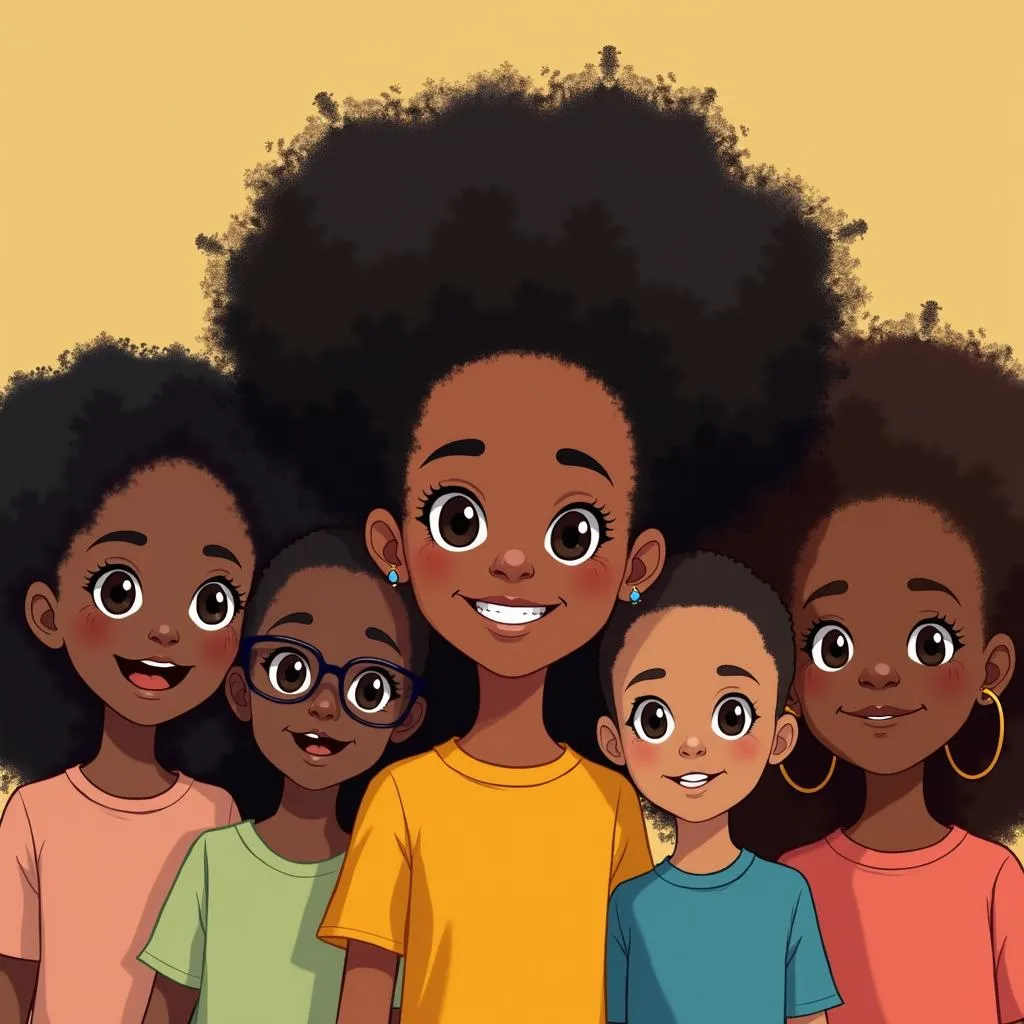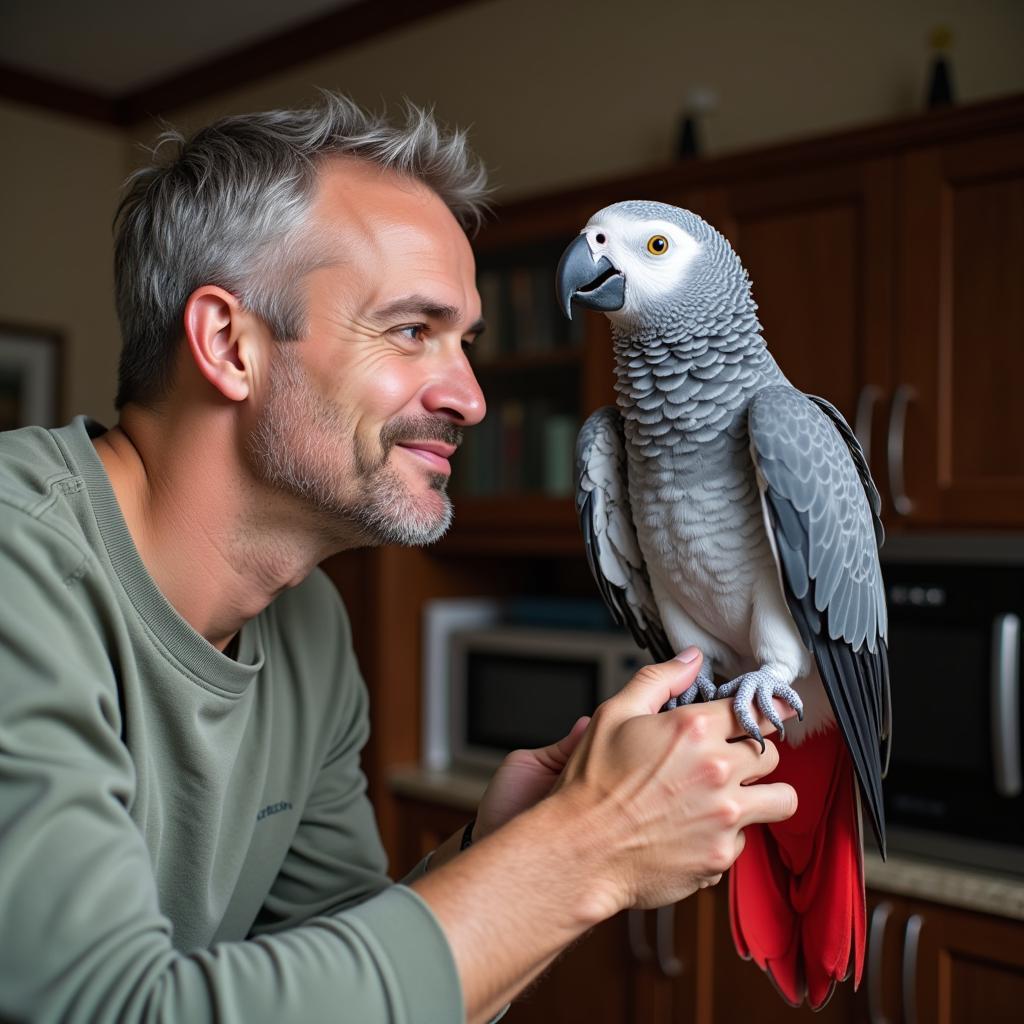The Power of Representation: Exploring African American Kid Characters in Media
The portrayal of African American children in media has evolved significantly over time. Today, we see a growing number of stories featuring strong, diverse, and relatable African American Kid Characters that are not only entertaining but also offer valuable insights into their experiences and perspectives. This shift in representation is essential for promoting cultural understanding and fostering a sense of belonging among children of all backgrounds.
Why African American Kid Characters Matter
The importance of seeing oneself reflected in media cannot be overstated. For African American children, growing up with characters who share their heritage, culture, and experiences can have a profound impact on their self-esteem, identity, and aspirations.
Here are some key reasons why African American kid characters matter:
- Promoting Cultural Awareness: These characters can introduce children to the richness and diversity of African American culture, history, and traditions. They help break down stereotypes and foster a deeper understanding and appreciation for different communities.
- Creating Positive Role Models: By showcasing African American children in positive and multifaceted roles, these characters provide role models that inspire confidence, resilience, and a sense of possibility. They demonstrate that Black children can achieve anything they set their minds to.
- Encouraging Empathy and Inclusivity: Seeing African American children represented in media helps to normalize their presence and promote empathy and inclusivity among audiences of all backgrounds.
Exploring the Evolution of Representation
The journey of African American kid characters in media has been marked by both progress and challenges. Early representations often perpetuated harmful stereotypes and limited narratives.
However, over the years, we have witnessed a remarkable shift towards more nuanced and authentic portrayals.
- Breaking Free from Stereotypes: Gone are the days of simple, one-dimensional portrayals that reduce Black children to stereotypes. Today’s characters exhibit a wide range of personalities, talents, and aspirations, reflecting the diverse experiences of African American children.
- Celebrating Diversity within the Community: Media is increasingly showcasing the diverse cultural experiences, backgrounds, and viewpoints within the African American community. From characters with different skin tones and hair textures to those who speak different dialects, this inclusivity helps to challenge the notion of a monolithic “Black” identity.
- Addressing Societal Issues: Some stories explore complex issues faced by African American children, such as racism, poverty, and educational disparities. By confronting these issues, these characters offer opportunities for dialogue, awareness, and change.
The Impact of Representation on Children’s Development
Studies have shown that exposure to diverse and positive representation in media can have a significant impact on children’s development:
- Increased Self-Esteem: Seeing themselves reflected in media can boost African American children’s self-esteem and confidence. It helps them feel valued and affirmed in their identity.
- Reduced Stereotyping: Exposure to positive and multi-dimensional representations can help combat negative stereotypes and promote understanding and acceptance of different cultural groups.
- Enhanced Cognitive Development: Engaging with diverse characters and narratives can enhance children’s cognitive development by expanding their horizons, challenging their perspectives, and fostering critical thinking.
Conclusion
The portrayal of African American kid characters in media has come a long way, and it’s vital to continue promoting diverse and meaningful representation. These characters play a crucial role in shaping children’s understanding of the world, fostering empathy, and promoting cultural awareness and inclusivity.
By amplifying their voices and experiences, we can create a more equitable and compassionate society where all children can see themselves reflected in the stories they consume.
 African American Kid Characters: Embracing Diversity in Media
African American Kid Characters: Embracing Diversity in Media
FAQ
1. What are some examples of successful African American kid characters in media?
- Examples: “The Proud Family,” “The Boondocks,” “Black-ish,” “Moesha,” “Sister, Sister,” “K.C. Undercover,” and “The Wonder Years.”
2. How can parents encourage their children to engage with diverse media?
- Tips: Choose media that features characters from different backgrounds, have conversations with children about the characters and their stories, and explore diverse books, films, and television shows together.
3. What is the role of media creators in promoting diverse and positive representation?
- Role: Media creators have a responsibility to ensure that their work reflects the diversity of society and challenges harmful stereotypes. This involves consciously creating inclusive characters and narratives that represent the experiences of all people.


